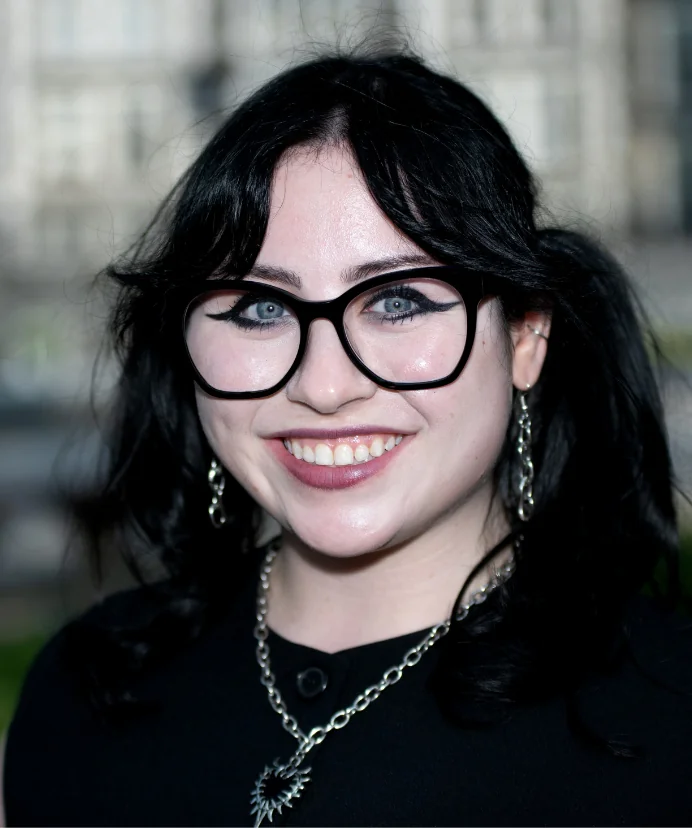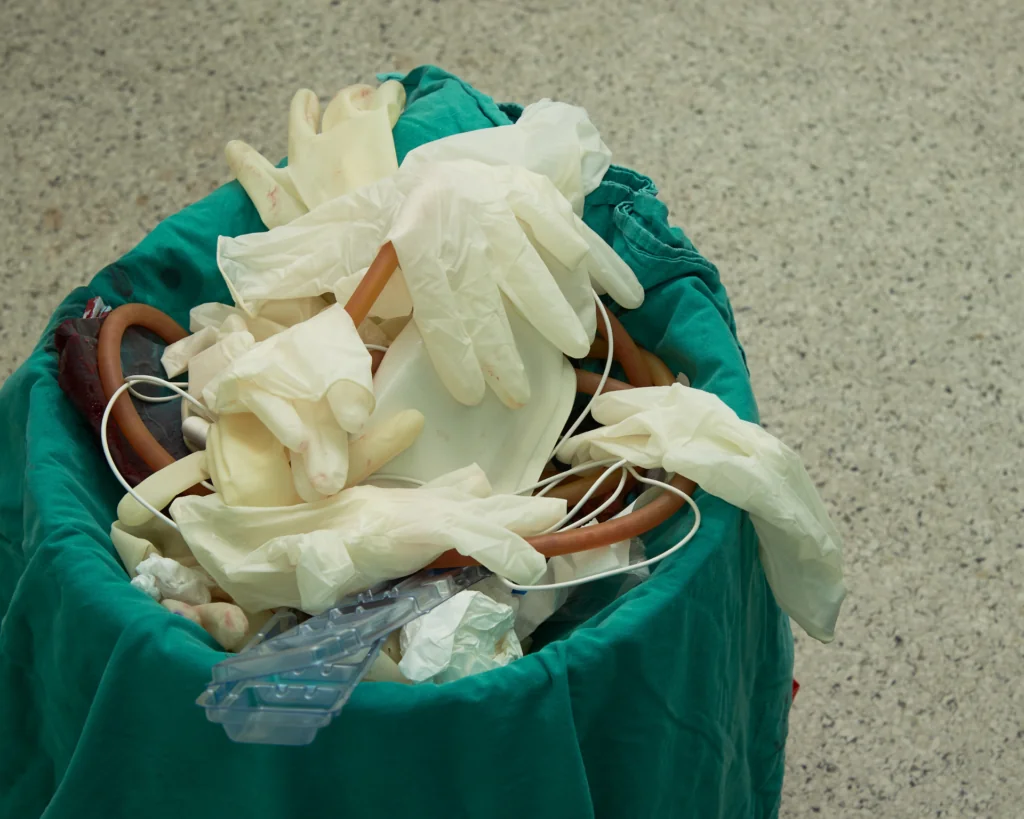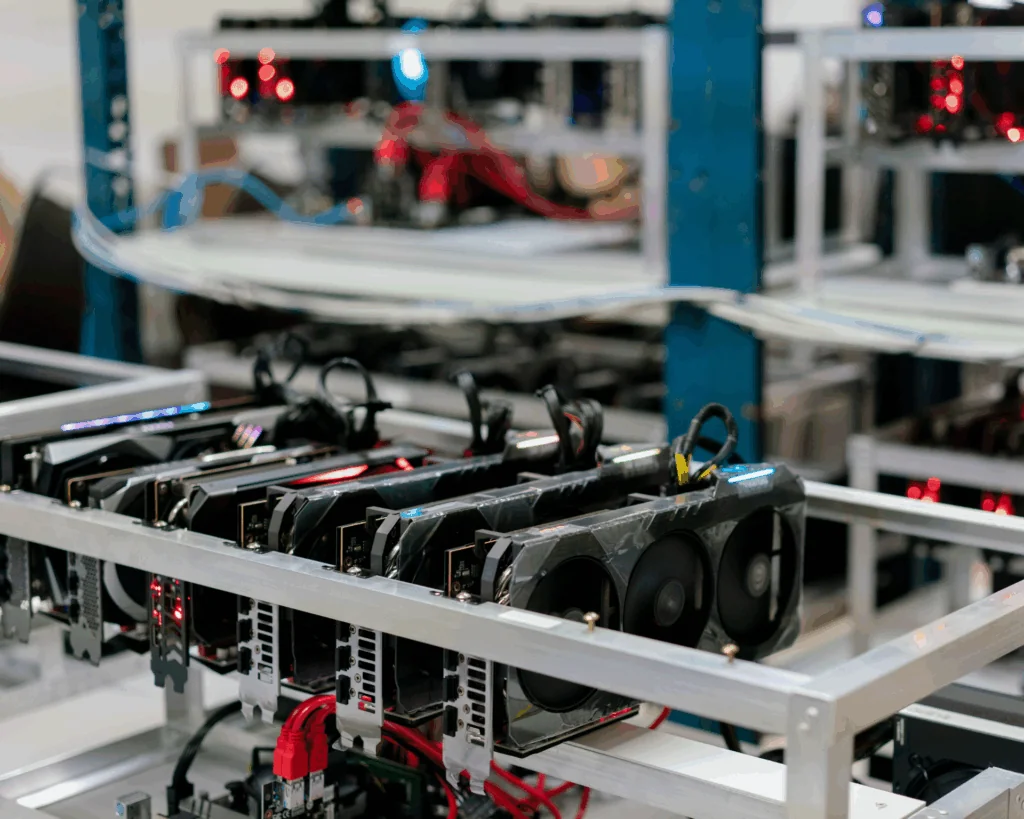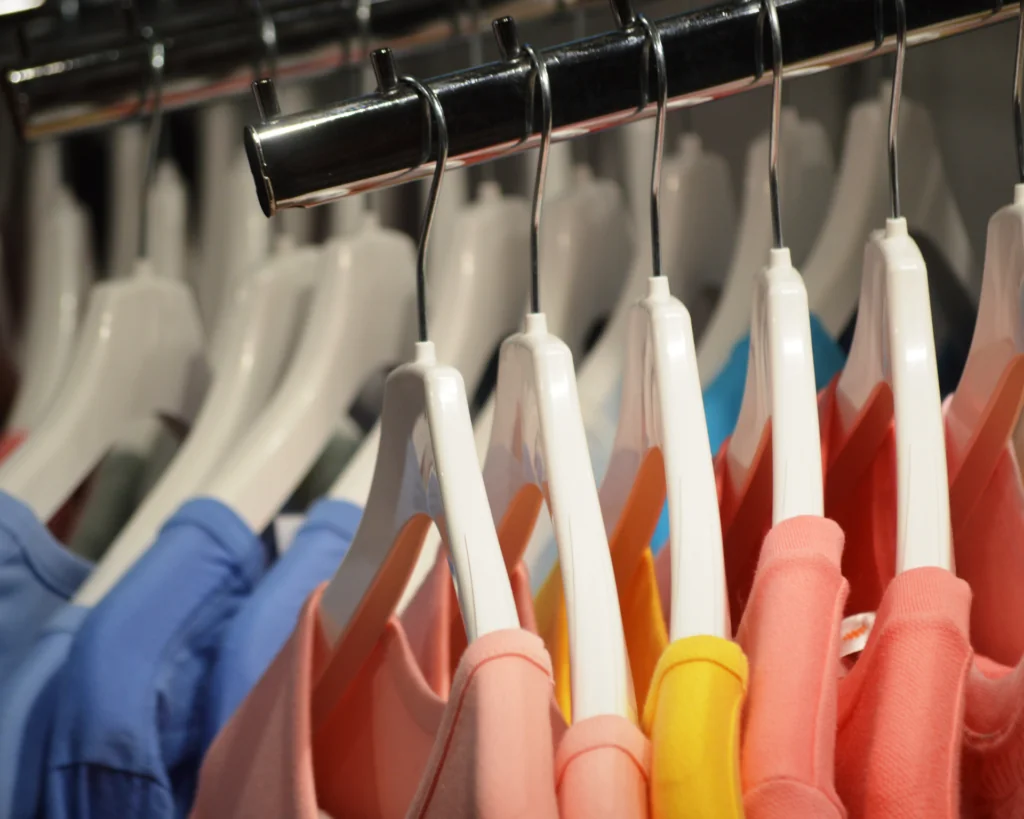Turning Down the Volume on Hearing Damage
Loud music at concerts and festivals can cause long-term hearing damage, and earplugs may offer a promising solution. If people wear them.
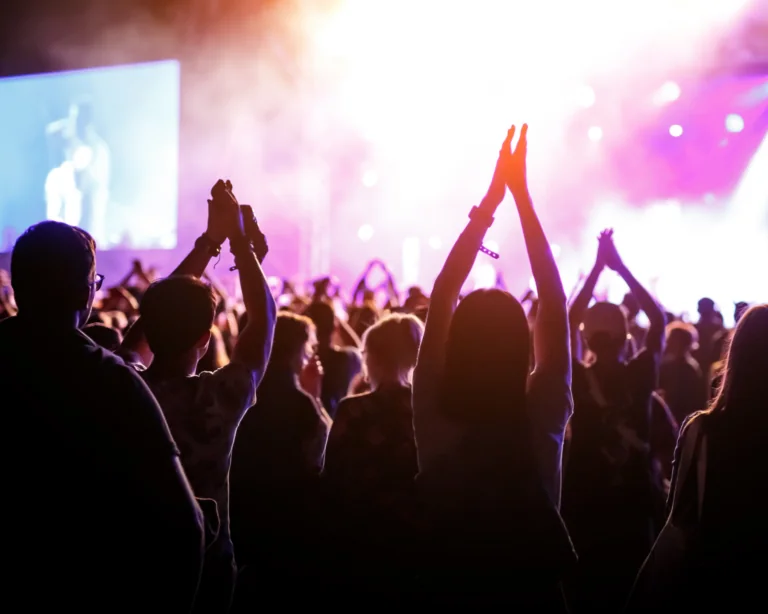
Read Time: 4 minutes
Published:
With summertime comes some of the most exciting music events of the year. Upcoming festivals like Lollapalooza, Inkarceration, Summer Smash Festival, Rock the Country, and Electric Daisy Carnival allow fans to see many of their favorite artists in one place. While these music-filled weekends may heal the soul, many festival-goers leave with ringing ears.
The volume at these venues can reach up to 136 decibels (dB); this greatly exceeds the recommended limit for prolonged exposure, which is 85 dB. In the following days, festival-goers may experience temporary hearing loss, ringing in the ears, and sound distortion. Researchers estimate that over one billion young people around the globe are exposed to unsafe noise levels from loud music venues, which can cause long-term hearing problems.
Hearing experts compare sound dosage to salt intake. While eating one potato chip won’t cause harm, eating bags of chips throughout the day may negatively affect cardiovascular health. The same can be said for continued exposure to loud sounds. The maximum amount of time that people can safely listen to music at concerts, festivals, and nightclubs without earplugs is about 7.5 minutes. This is a small fraction of the time spent at music events. Prolonged and frequent exposure to loud music can add up over time, causing permanent damage.
Live music enthusiasts can protect their hearing by wearing earplugs, which have been proven to limit temporary hearing loss in loud environments. Still, when looking over a crowd of people at a venue, it is often difficult to spot even one person using hearing protection.
Health organizations and companies are working to spread the word; they aim to educate and empower young people to take control of their hearing risk.
Ryan Long and colleagues surveyed music enthusiasts for their thoughts on using earplugs at music events. They recruited 2,352 participants from online rock, country, electronic/dance (EDM), hip-hop, R&B, classical, and pop music forums on Reddit and Facebook. The researchers asked if participants used hearing protection at concerts, festivals, and nightclubs, and for the reasoning behind their choices.
Sixty-six percent of participants who used earplugs were concerned about their long-term hearing. Many earplug users reported previous hearing loss symptoms and believed that using earplugs did not affect the sound quality of the music. Notably, few (12%) had received a recommendation to wear earplugs from their doctors.
Of those who did not use hearing protection, 37% did not even consider using earplugs. Others were concerned that plugging one’s ears would decrease music quality (32%), that the earplugs would cause discomfort (25%), and that obtaining earplugs would be inconvenient (22%).
The researchers also found that participants who did not use earplugs acutely recovered from hearing symptoms. While this seems counterintuitive, the investigators suggest that venue-goers wait to start wearing earplugs until they notice long-term symptoms of hearing impairment; but this will not fix the damage that has already been done
Earplug usage differed depending on the genre of music at the events they attended. Participants who frequented EDM events were more likely to use earplugs than those attending hip-hop, R&B, and pop music events. This is likely due to rave culture’s unique emphasis on ear protection.
Health organizations and companies are working to spread the word; they aim to educate and empower young people to take control of their hearing risk. The National Institutes of Health has launched Noisy Planet, a public campaign to educate young children about hearing loss. Earplug companies, like Loop, are creating stylish, reusable earplugs that double as fashion accessories.
Researchers urge health professionals to recommend safe listening habits to their patients. Beyond the doctor’s office, Long and colleagues hope to see a culture of earplug use across all genres. While in the long run, venues should turn down the volume, the researchers suggest that venues include earplugs as part of ticket sales and provide them at the door. These efforts will hopefully normalize the use of hearing protection, allowing live music enthusiasts to enjoy their favorite songs for years to come.
